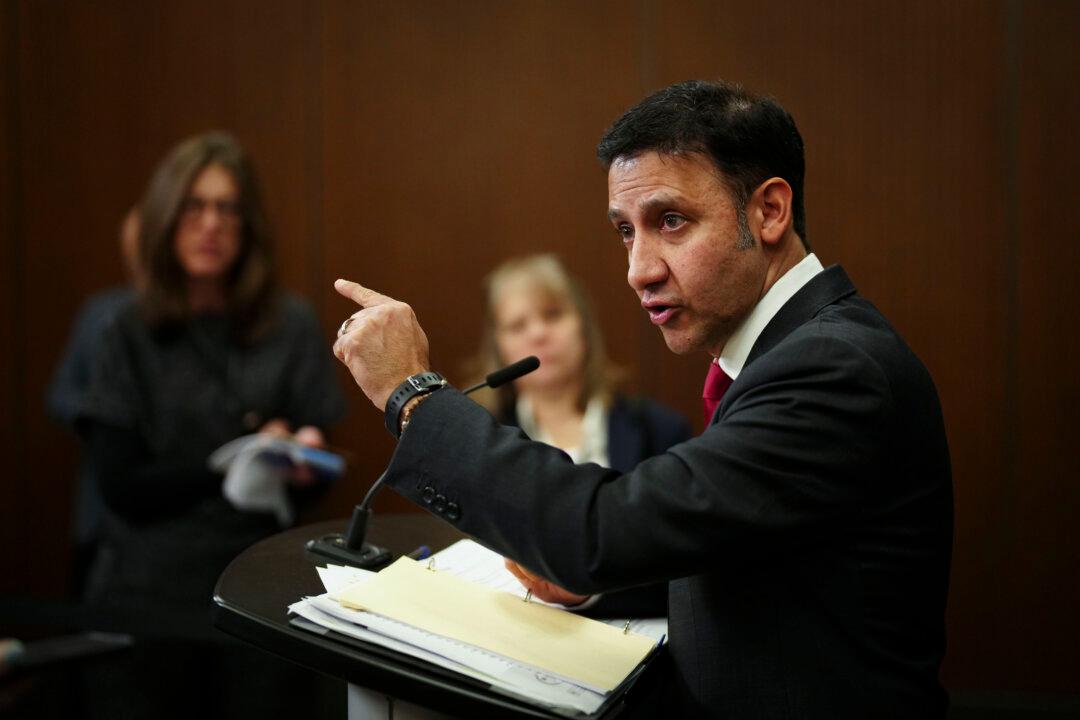The Canadian Civil Liberties Association (CCLA) says it has several free speech and privacy concerns with the recently-introduced Online Harms Act, and that it is urging “substantial” amendments.
“While the CCLA endorses the declared purposes of upholding public safety, protecting children, and supporting marginalized communities, our initial assessment reveals that the bill includes overbroad violations of expressive freedom, privacy, protest rights, and liberty,” CCLA Executive Director and General Counsel Noa Mendelsohn Aviv said in a Feb. 28 release.





